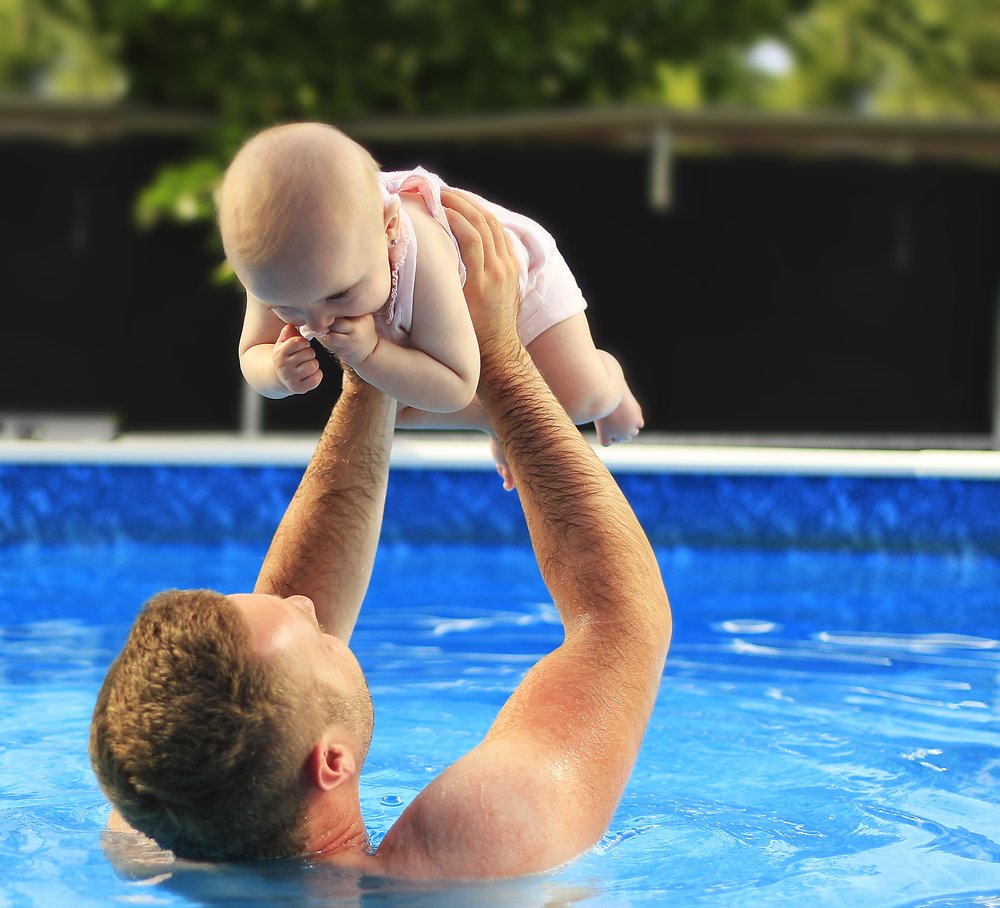Backyard barbecues by the pool, taking the boat out on the river, or catching waves at the beach are all a regular part of Australian culture. Tragically, too often we hear of drowning deaths as a result of our love of the water.
The Royal Life Saving National Drowning Report 2017, launched recently by federal Health Minister Greg Hunt, shows 291 people died as a result of drowning in Australia last year. Last summer, drowning rates were notably above average between Christmas and New Year. Sadly, children accounted for a significant proportion of these preventable tragedies.

Swimming pools are the leading location of child drownings, and a lapse in supervision is a primary causal factor in these incidents. Often parents and carers become complacent in the home environment, relying on a pool barrier to keep children out of the water or trusting an older sibling to supervise young children while quickly doing something else.
Royal Life Saving Society Australia chief executive Justin Scarr says it’s crucial to keep watch on children at all times. “Answering the door, preparing food, changing a sibling’s nappy, and answering a call are all distractions that leave children vulnerable to drowning,” Mr Scarr said. “Active adult supervision of young children is the first line of defence against drowning - be prepared, be close, and give all of your attention all of the time.”
“Active supervision is key; however, children can be quick, and it's difficult to maintain supervision 100 per cent of the time. That's why it’s important for parents and carers to follow the four Keep Watch key actions: Supervise, Restrict Access, Water Awareness, and Resuscitate. These are not individual strategies but should be used together for maximum safety – if one line of defence fails there are other prevention measures actively working to prevent drowning."
Inadequate pool fencing continues to be a contributing factor in toddler drowning deaths. Mr Scarr said pool owners often don’t realise their pool fence or gate is faulty and poses a threat to their children’s safety. “Pool fences, pool gates and latches should be regularly checked and maintained because parts can break or become defective over time. Visit the Royal Life Saving website and download the home pool safety checklist to make sure your pool fence, pool gate and latch are in working order.”
The checklist is not a substitute for a pool inspection, however. Pool owners should consider getting a professional assessment of their pool’s compliance, check regulations with their local council or go to the local hardware or pool shop to discuss how to ensure the pool is made safer in time for summer.
Prevention is the fundamental way to prevent drowning. However, as a last line of defence, CPR is a vital skill that can help save a life. Two-year-old Lily Cross was found face-down in the Hawkesbury River after wandering away from her family home. Her father and other locals commenced CPR until medics arrived, which played a vital role in her survival.
For training courses, water safety tips and resources visit royallifesaving.com.au